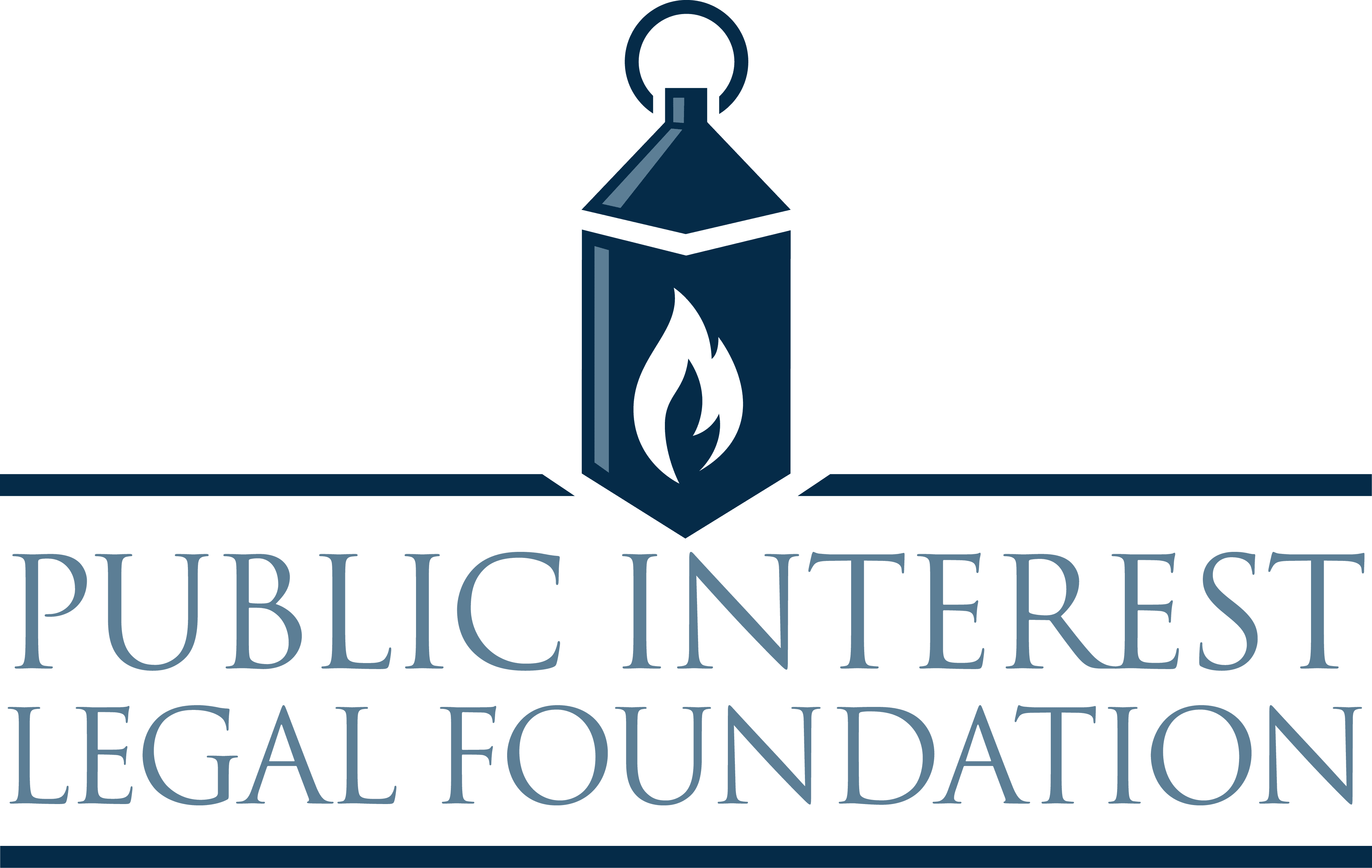Over the past month, a number of respected news outlets around Virginia republished a report by the Capital News Service, most recently The Tidewater News, casting doubt on recent research indicating that thousands of registered voters in the commonwealth were removed from the rolls for reasons related to noncitizenship. The CNS report leads readers to believe that the Public Interest Legal Foundation’s (PILF) 2016 study should not be wholly trusted since a secondary review which “attempted to replicate” the original methodology yielded substantially smaller returns. A number of fatal flaws are presented in this student fact check would be evident if the Virginia Commonwealth University program performed thorough journalism.
CNS suppressed 80 percent of the sample size. The most glaring reporting failure in the article notes how the journalism students approached officials and “asked for the names of individuals who were taken off the voter registration rolls since 2015 after it was determined that they were not citizens.” Though this seems innocuous for someone not having read the underlying report prior, a quick scan reveals that PILF actually pored over removal records dated 2011 through 2015. CNS’ claimed replication effort yielded 240 noncitizens compared to PILF’s 1,046 in a handful of locales. The discrepancy is easily seen in practice, given that the students suppressed roughly 80 percent of the data in question. At no point in their report do they claim the discrepancy exists due to record availability, grossly mischaracterizing PILF’s original methodology.
CNS misidentifies the legal mechanisms used by PILF to access noncitizen voter data. Though one would normally chalk “freedom of information act” to be a generalized term, the students again commit a factual error to digital ink by claiming the original findings sourced data thanks to the “the state’s Freedom of Information Act.” On the contrary, the PILF report makes repeated reference to using the National Voter Registration Act’s public disclosure rights, which is essentially a voting record FOIA mechanism on steroids. The Commonwealth’s open records laws, by contrast, are quite restrictive and might even indicate that CNS was unable to dislodge all data available for the single year 2015.
CNS utilized overtly partisan data sources to discount publicly available records. Co-authors Mary Lee Clark and Tyler Hammel make the dubious claim that the Commonwealth of Virginia prohibits journalists from accessing voter history files sold to the public. Though one can understand that a journalism department may not have the funds necessary to comply with Virginia’s comparatively steep pricing structure, claiming a lack of access to excuse the sole use of a Democrat Party vendor calls into question the sourcing ethics grasped by the students.
CNS’ suppression of data discounts its fact check on the prevalence of illegal votes. Student reporters claim that “CNS research did not corroborate the contention in the ‘Alien Invasion’ report that ‘nearly 200 verified ballots’ were cast by noncitizens.” Here again, this counterclaim is based on the omission of 80 percent of the available sample.
Shortly after CNS released its counter report to Virginia press, the Public Interest Legal Foundation released a sequel report, exponentially increasing upon prior findings. To date, PILF found that more than 5,500 registered voters were removed from Virginia rolls between 2011 and mid-2017. Of those registered, one-third cast at least one ballot, yielding a total of 7,474 potentially felonious votes.
Researching voter registration and election systems are not always the most efficient and straightforward–even for the professionals. It required more than a year, three federal lawsuits, and seemingly endless negotiation to dislodge records indicating more than 5,500 noncitizen voters in Virginia. None of that excuses, however, CNS’ apparent failure to check the PILF report’s appendix first before trying to play fact checker.

